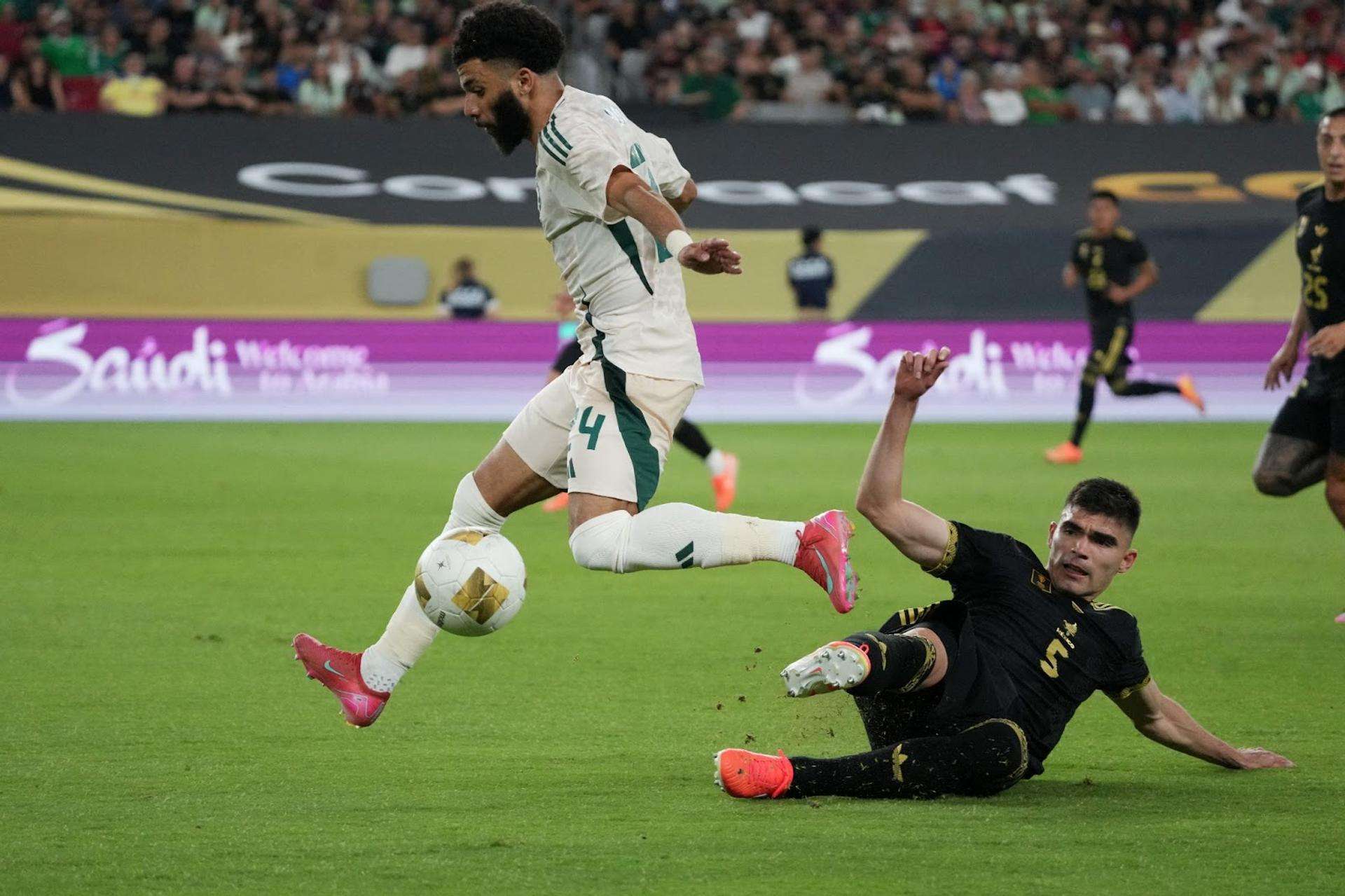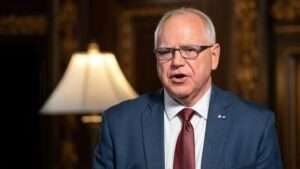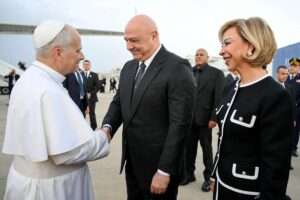By Julia Rota
In a landmark deal for Saudi Arabia’s sports sector, U.S.-based Harburg Group has acquired Al-Kholood Club, marking the first time a foreign entity has purchased a Saudi Pro League football club. Announced on July 24, 2025, the transaction, facilitated by the Saudi Ministry of Sport and the National Center for Privatization, reflects Saudi Arabia’s broader push to privatize its sports industry as part of its Vision 2030 economic diversification plan. The deal, with an undisclosed price tag, underscores the kingdom’s ambition to transform its football league into a global powerhouse.
The acquisition of Al-Kholood, a mid-table club based in Ar Rass, Qassim, is a significant step in Saudi Arabia’s efforts to modernize its sports ecosystem. The Saudi Pro League, historically supported by government funding, is undergoing privatization to attract international investment and expertise. Al-Kholood, which placed ninth in the 18-team league last season, is one of three clubs recently sold, with the others acquired by Saudi-based firms. Harburg Group’s purchase stands out as the first foreign ownership deal, signaling an opening for global investors in the kingdom’s sports market.
Harburg Group, led by American investor Ben Harburg, brings experience from the global football scene, holding a minority stake in Spain’s Cádiz CF. The firm, backed by significant capital, aims to leverage Al-Kholood to build a multi-club model, fostering talent development and commercial partnerships across continents. This strategy aligns with Saudi Arabia’s goal to elevate its league’s profile, which has already attracted stars like Cristiano Ronaldo and Karim Benzema through substantial government-backed investments.
Saudi Arabia’s Vision 2030 seeks to diversify the economy, and sports, particularly football, play a central role. The kingdom has poured over $1.34 billion into recruiting top talent, boosting the Saudi Pro League’s global visibility. Privatization aims to create a sustainable, commercially driven league, with projections to grow its value to $2.1 billion by 2030. By inviting foreign investors like Harburg Group, Saudi Arabia hopes to import expertise in club management and commercialization, learning from the challenges faced by other Asian leagues, such as China’s Super League.
The 2034 FIFA World Cup, which Saudi Arabia is set to host, adds urgency to these efforts. The tournament is expected to drive infrastructure development and global interest in the kingdom’s sports sector, making clubs like Al-Kholood attractive investment opportunities. Alexander Jarvis, a sports investment expert, noted that Saudi Arabia’s privatization push offers a “compelling opportunity” for investors as European football markets become increasingly competitive and expensive.
Al-Kholood, with a roster of 22 players, including six foreign athletes and three Saudi national team members, offers a platform for growth in a league on the rise. Players like Brazilian goalkeeper Marcelo Grohe and Saudi striker Mohammed Al-Shammari provide a foundation for Harburg Group to build upon. The club’s new owners are expected to invest in talent development and infrastructure, positioning Al-Kholood to climb the league standings and capitalize on the growing global interest in Saudi football.
The acquisition also fits into Harburg Group’s broader strategy of creating a network of clubs to share resources, develop players, and establish commercial ties. This approach mirrors successful models like those of top European football groups, aiming to create synergies that benefit both the club and the investor’s portfolio.
The sale of Al-Kholood could set a precedent for further foreign investment in Saudi football. The Ministry of Sport is actively promoting additional club sales, with proposals for other teams under consideration. If Harburg Group’s investment proves successful, it may encourage more international investors to enter the market, particularly as the Saudi Pro League gains traction and the 2034 World Cup approaches. However, challenges persist. The league’s reliance on government support raises questions about long-term financial sustainability. Additionally, some critics argue that Saudi Arabia’s sports investments are part of a broader strategy to improve its global image amid human rights concerns, a debate that has followed similar high-profile deals in the past.
For Al-Kholood’s fans, the takeover brings hope of new resources and ambition to elevate the club’s status. For the global football community, the deal highlights Saudi Arabia’s emergence as a significant player in the sport’s economic landscape. As the kingdom continues to open its sports sector to international investment, the acquisition of Al-Kholood may mark the beginning of a new era for Saudi football—one that blends local ambition with global expertise.















